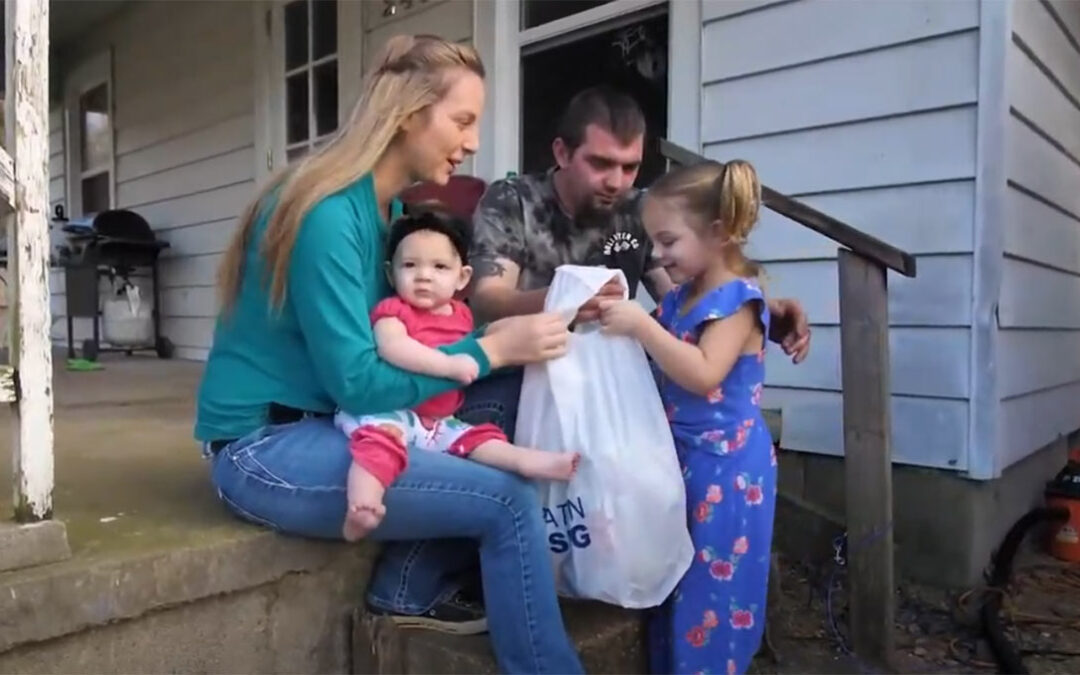
by Operation Blessing | Apr 19, 2021 | Hunger Relief
Katrina loves being a stay-at-home mom. Unfortunately, it has not been easy for her family during the COVID pandemic. Like others, they were in need of hunger relief in Kentucky. Her husband Nathan is a truck mechanic in Mayfield, Kentucky. He worries about losing his...
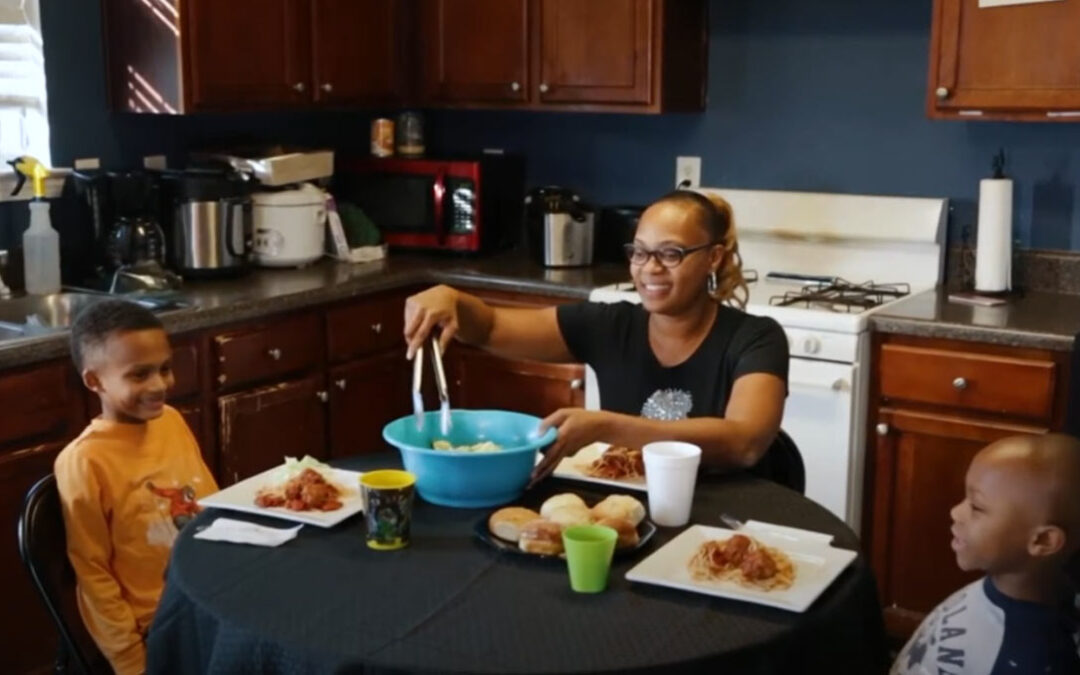
by David Goldfinch | Apr 12, 2021 | Hunger Relief
Angela is a single mom who loves spending time with her boys. They are 4 and 6 years old. A few years ago, Angela started her own in-home daycare. But when enrollment numbers began dwindling, bills began piling up. She was struggling financially and did not know where...
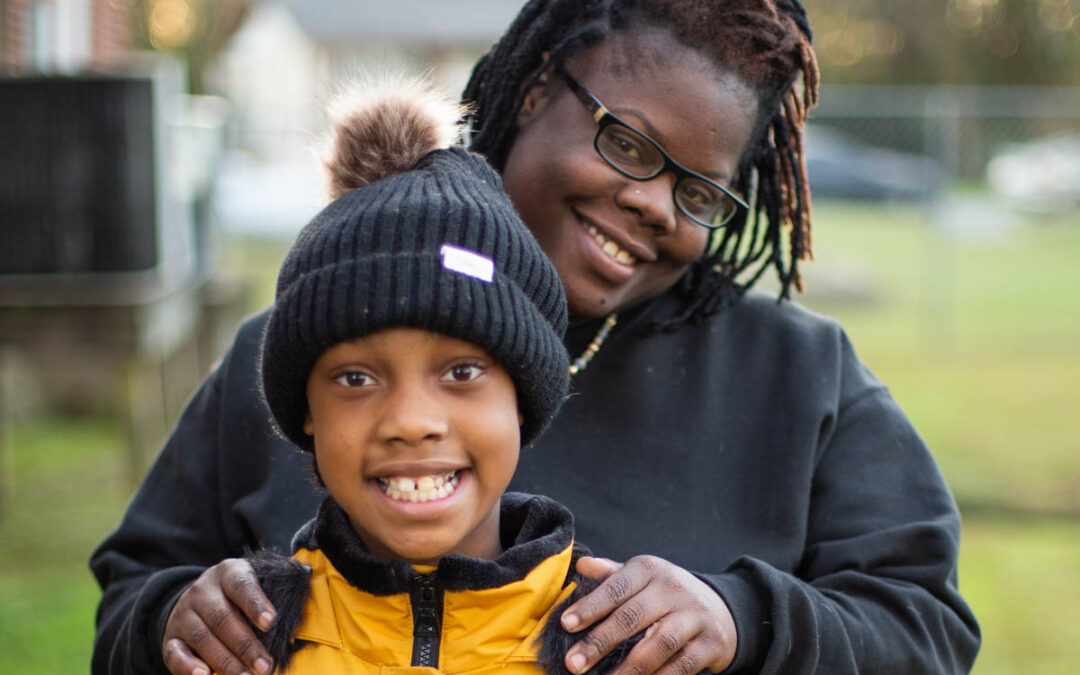
by David Goldfinch | Apr 5, 2021 | Hunger Relief
Distributing food from Operation Blessing, Eastern Star Church has been providing hunger relief in North Carolina for people in need. Thanks to giving from our generous partners, Eastern Star Church has been helping people in Elizabeth City for more than 15 years....
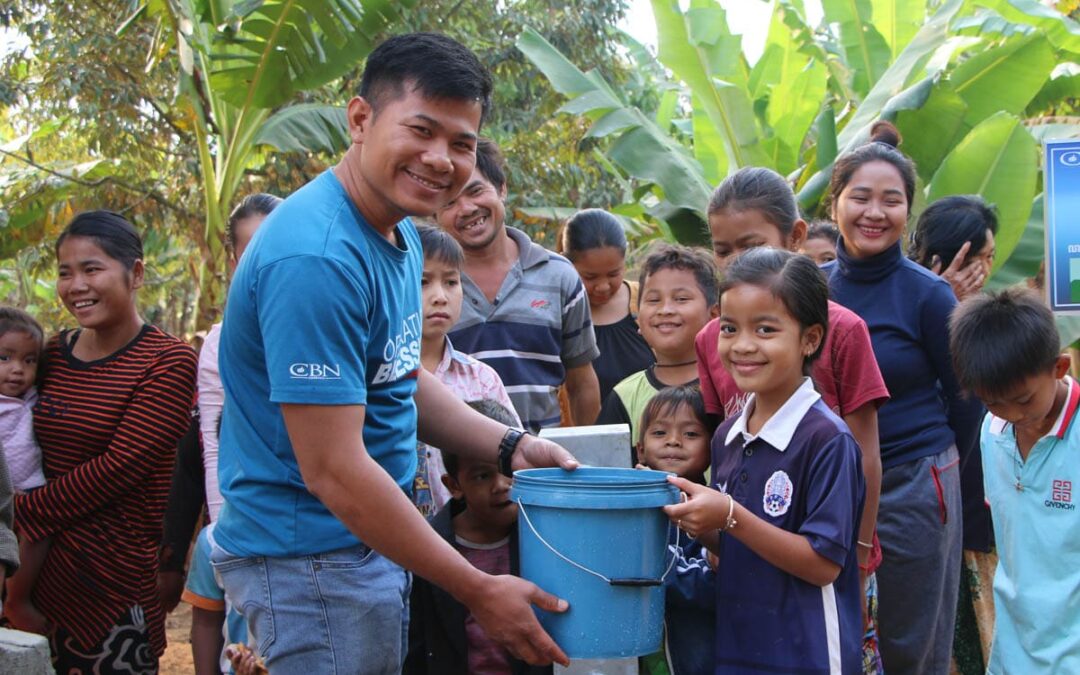
by WPSecurityLock | Mar 30, 2021 | Clean Water
CAMBODIA – Hours from the nearest city, the village of Trapeang Kha is like so many others in developing nations around the globe. The village is rich in beauty, but does not have the resources it needs to meet the needs of the people living there. Struggling farmers,...
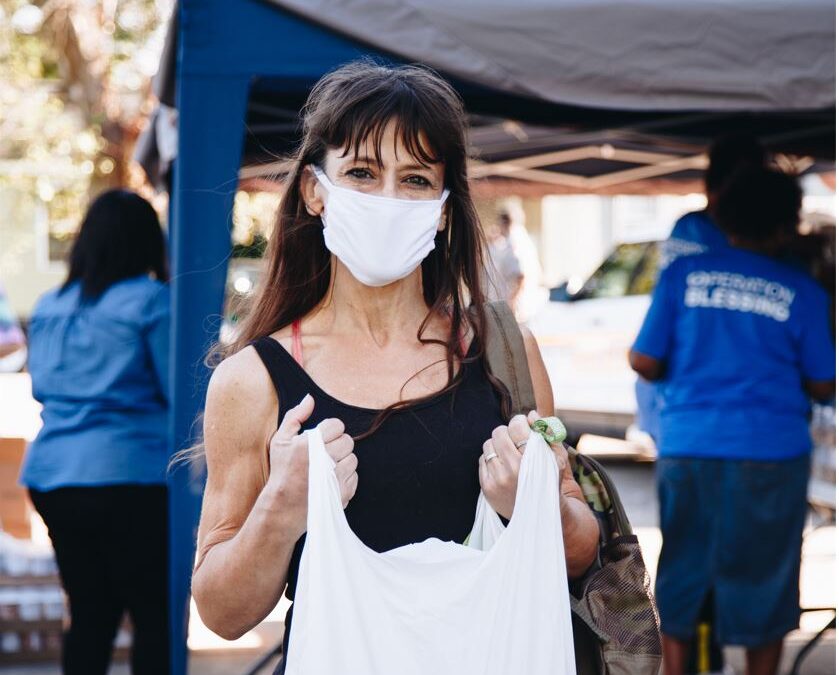
by David Goldfinch | Mar 29, 2021 | Hunger Relief
Robert and Edie Rowland were EMTs for more than 15 years. Hard working and dedicated, they never thought that one day they would face food insecurity in North Carolina. Years ago, they met on the job and later married. Over time, lifting people and...
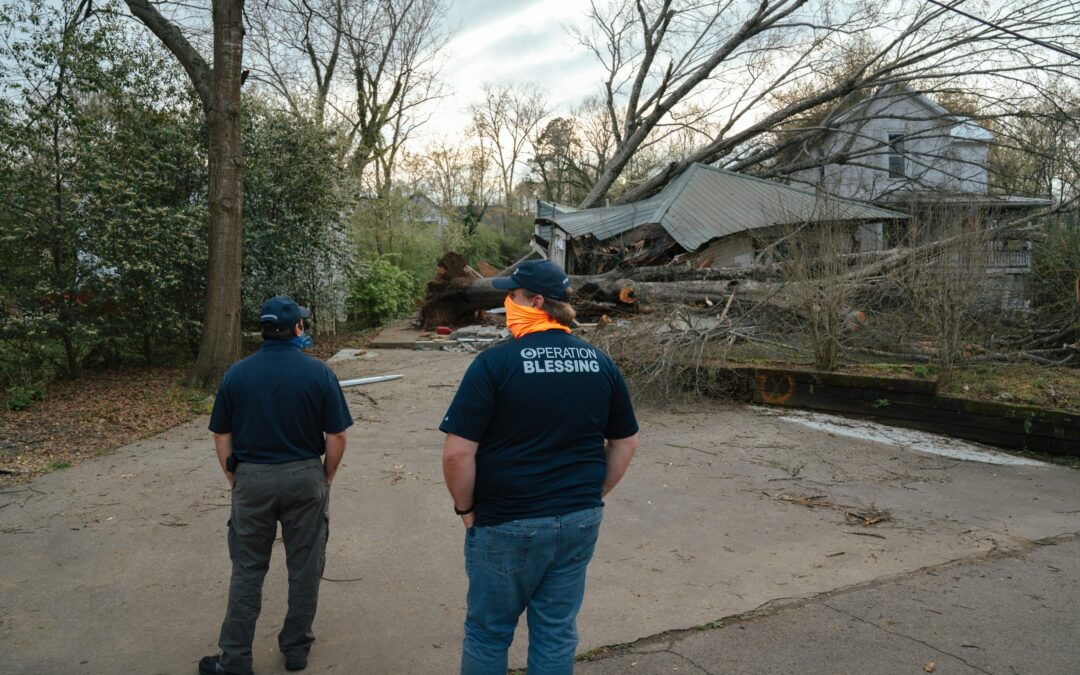
by David Goldfinch | Mar 27, 2021 | Disaster Response
BIRMINGHAM, Ala, US – Operation Blessing has deployed an assessment team to Alabama after tornadoes ripped through Birmingham and surrounding areas; leaving destruction in their path and claiming lives. To learn how you can get involved, go to...
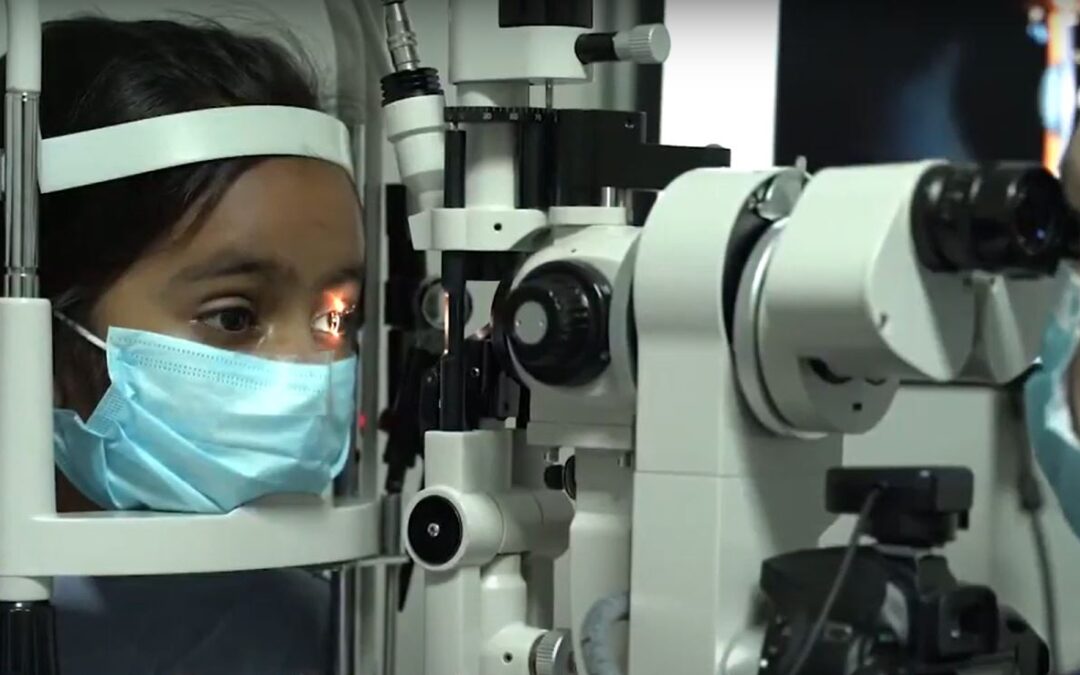
by David Goldfinch | Mar 22, 2021 | Medical Care
8-year old Kimberly loved to draw. But one day she began to notice her right eye was getting blurry. These were signs of Kimberly’s undiagnosed, yet serious, eye problem in Honduras. Kimberly’s mother, Carla, also noticed that her daughter’s right eye was...
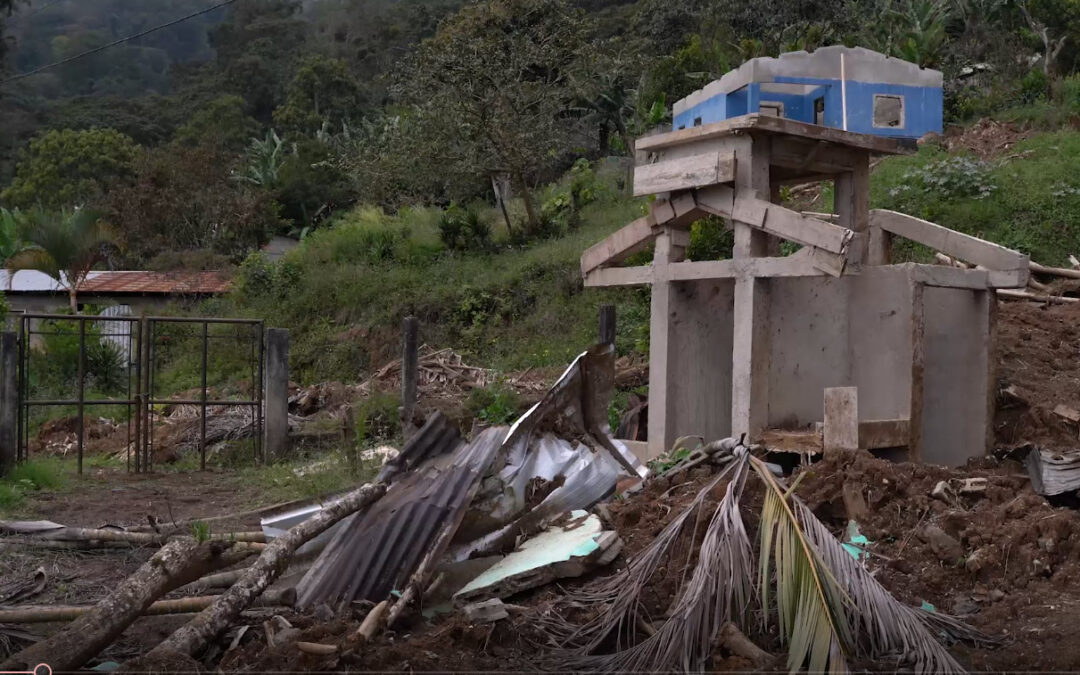
by David Goldfinch | Mar 17, 2021 | Disaster Response
BUENA VISTA, HONDURAS – In late 2020, two hurricanes tore through Honduras with deadly force. The storms caused great need for hurricane victim relief. Hurricane Eta and Hurricane Iota struck within a month and a half of each other. Brutal winds and damaging...
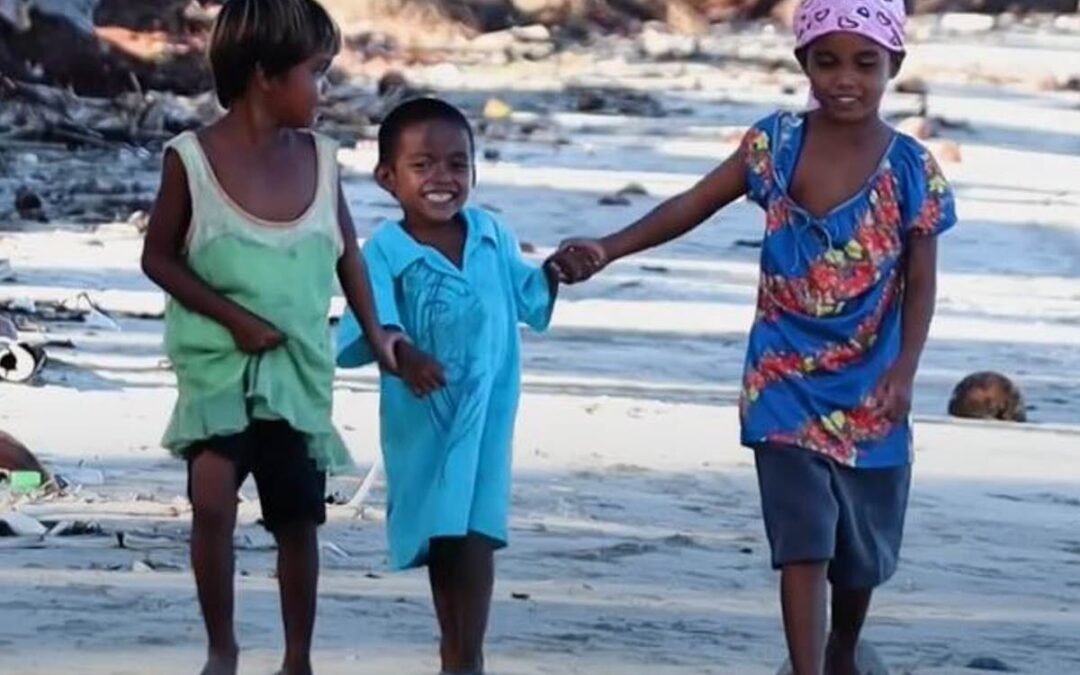
by David Goldfinch | Mar 16, 2021 | Disaster Response
PHILIPPINES – When a typhoon destroyed Angel’s home in the Philippines, her family had nowhere safe to stay. Now homeless in the Philippines, their lives were turned upside down. That night Angel, age 9, and her siblings had done their best to sleep through the storm,...
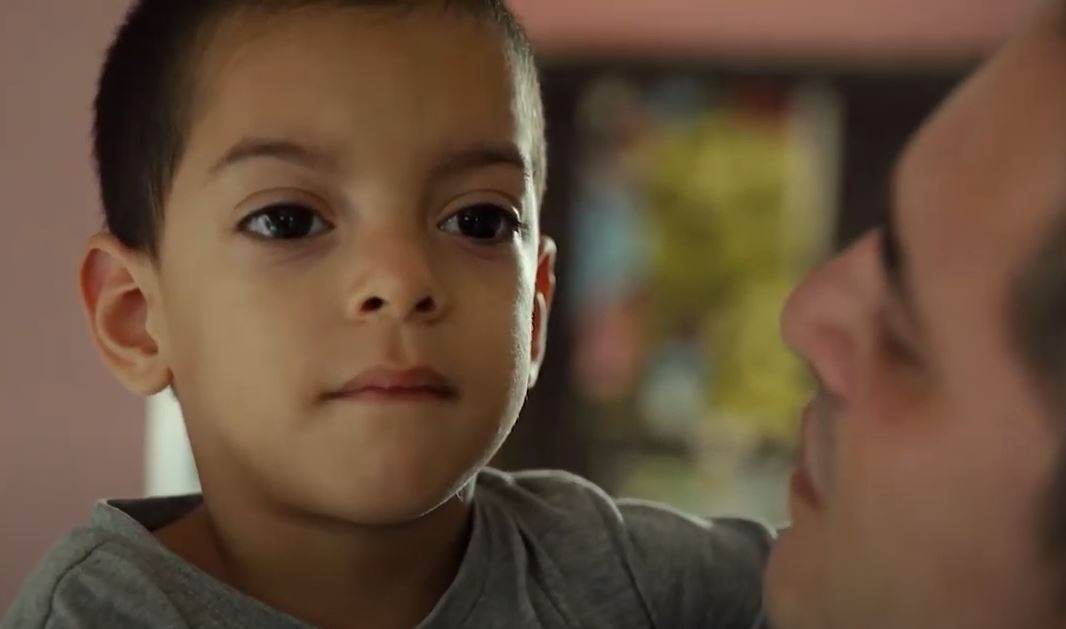
by David Goldfinch | Mar 15, 2021 | Medical Care
Jesus is a young boy in Honduras who loves his dad. He gets excited when he comes home from work. But when Jesus turned two, his dad began to notice his son struggled to see. Later, he would be diagnosed with congenital cataracts. He struggled when he tried to walk...











